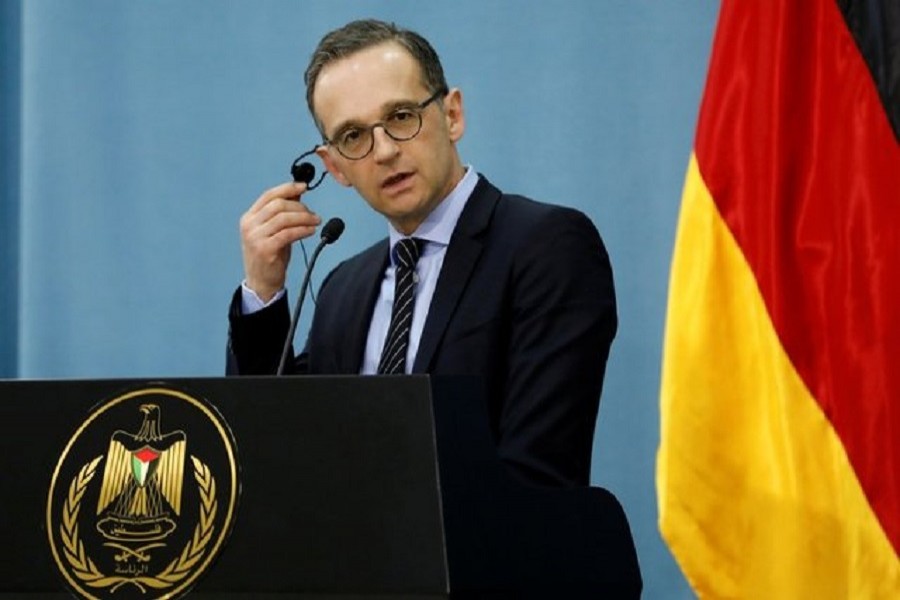German Foreign Minister Heiko Maas rejected on Wednesday criticism of Berlin’s decision to compete against Israel for a seat on the UN Security Council in 2019 and 2020, saying it was normal for a number of countries to seek representation.
Maas told reporters before his first United Nations visit as foreign minister that Germany’s candidacy had been announced long ago, and did not diminish its strong support for Israel.
“We are not running against anyone; we are running for a seat,” he said, following the criticism from Washington’s nominee as US ambassador to Berlin and others. “That is a topic that one can deal with very normally.”
The Council comprises five permanent members and 10 non-permanent members elected by the UN General Assembly for two-year terms. Germany last held a non-permanent seat in 2011-12 and is vying with Israel and Belgium for one of the two seats to be filled in 2019-20.
Richard Grenell, whose nomination is held up in the Senate, said earlier this month that the United States had brokered a deal in the 1990s with countries in the UN’s Western European and Others Group to allow Israel to run uncontested for a seat.
Grenell, the US spokesman at the UN from 2001 to 2009, tweeted about the issue on March 14, saying, “Israel has waited 19 years! The US must demand that Europe keep its word.”
German diplomats deny any such agreement was made. The Israeli mission to the UN declined to comment on Grenell’s tweet.
Conservative and pro-Israeli groups in the United States have also criticized Germany’s decision to run for the seat at the same time as Israel.
Maas said Germany was well-placed to serve on the Council since it was the second largest provider of both funds and troops for the UN and played a big role in humanitarian and stabilization missions, as well as on climate change.
According to Reuters, Security Council candidates must win more than two-thirds of the overall vote by the 193-member General Assembly to be elected. The election for the term beginning on January 1, 2019 is due to be held in June.
The Council, on which the five permanent members - the United States, Britain, France, China and Russia - hold veto powers, is the only UN body that can make legally binding decisions, as well as imposing sanctions and authorising the use of force.
To ensure geographical representation on the Council, there are five seats for African and Asian states; one for Eastern European states; two for the Latin American and Caribbean states and two for Western European and other states.
Regional groups generally agree upon the candidates to put forward and competitive races for seats are increasingly rare.


